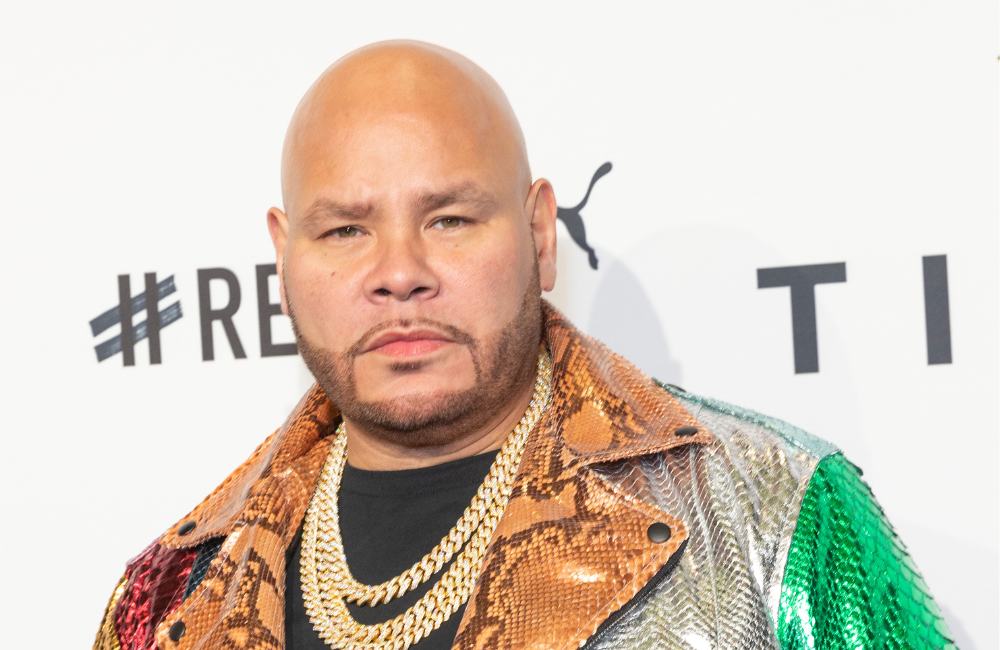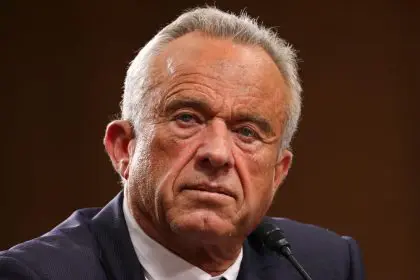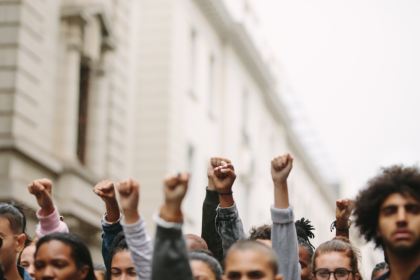Grammy-nominated rapper Fat Joe faces a $20 million federal lawsuit filed by his former associate Terrance Dixon, who has leveled serious allegations of misconduct and labor violations against the veteran hip-hop artist. The legal filing represents a dramatic escalation in a dispute between the two men that has now moved from social media accusations to formal court proceedings.
Dixon, who worked as Fat Joe’s hypeman from 2006 to 2019, has accused the rapper of multiple forms of misconduct while also claiming he was systematically underpaid and denied proper compensation for his contributions to various projects. The lawsuit names several additional defendants including music industry professionals and companies associated with Fat Joe’s career.
Fat Joe’s legal team has mounted a vigorous defense, characterizing the allegations as baseless and financially motivated. The case highlights broader issues within the music industry regarding working relationships, compensation structures, and the resolution of professional disputes through legal channels.
Complex allegations span multiple categories
The federal court filing contains allegations that extend beyond simple contract disputes into more serious territory involving personal conduct. Dixon claims he witnessed behavior that he characterizes as inappropriate and potentially criminal, providing specific details about alleged incidents involving multiple individuals over several years.
The lawsuit also addresses professional grievances including claims of labor exploitation, financial fraud, and denied compensation for creative contributions. Dixon alleges he was consistently underpaid relative to his contributions and was deliberately excluded from receiving songwriting credits and royalty payments he believes he deserved.
Additionally, the filing accuses Fat Joe of various forms of manipulation and intimidation designed to maintain control over professional relationships. These allegations paint a picture of a working environment characterized by power imbalances and exploitative practices spanning more than a decade.
Legal representation signals high-stakes battle
Fat Joe has retained prominent defense attorney Joe Tacopina, who has previously represented high-profile clients in complex legal matters. Tacopina’s involvement suggests the rapper is taking the allegations seriously and preparing for an extended legal battle that could have significant implications for his career and reputation.
The defense strategy appears focused on attacking the credibility of both the allegations and the attorney representing Dixon. Tacopina has characterized the lawsuit as part of a pattern of questionable legal tactics designed to generate media attention rather than pursue legitimate grievances through appropriate channels.
Dixon is represented by attorney Tyrone Blackburn, who has handled other high-profile cases involving entertainment industry figures. The legal teams’ opposing strategies suggest this case may involve extensive discovery processes and potentially lengthy court proceedings before reaching resolution.
Industry implications extend beyond individual case
The lawsuit raises broader questions about power dynamics within the music industry and how creative collaborators are compensated for their contributions. Dixon’s claims about denied songwriting credits and royalty payments reflect ongoing issues that affect many industry professionals who work behind the scenes.
The case also highlights the challenges faced by former associates who seek to address grievances against established artists with significant resources and industry connections. The $20 million damage request suggests Dixon believes his contributions were substantially undervalued throughout their professional relationship.
Entertainment industry observers note that such lawsuits often involve complex questions about verbal agreements, industry customs, and the documentation of creative contributions that can be difficult to prove in court settings.
Prior legal actions complicate current proceedings
The current lawsuit follows earlier legal activity between the parties, with Fat Joe having previously filed his own complaint against Dixon in May following social media accusations. This earlier filing characterized Dixon’s public statements as defamatory and financially motivated, setting the stage for the current legal confrontation.
The sequence of legal actions suggests both parties believe they have legitimate grievances that require court intervention to resolve. The competing narratives presented in their respective filings will likely require extensive legal proceedings to sort through conflicting claims and evidence.
Resolution of this case may depend significantly on the availability of documentation regarding their professional relationship, witness testimony, and the ability of both legal teams to substantiate their clients’ claims through evidence presented in federal court.


















